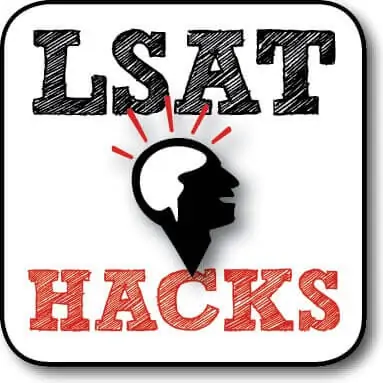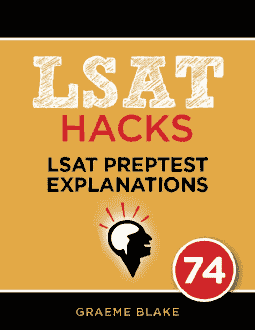QUESTION TEXT: In a study of heart patients awaiting treatment…
QUESTION TYPE: Complete the Argument
CONCLUSION: Stress can decrease pain.
REASONING: Patients who are waiting in uncertainty for treatment are less likely to experience pain. Uncertainty is stressful.
ANALYSIS: Note that every patient is waiting for some kind of treatment. If patients don’t need surgery, they’ll get something else. This wait is stressful. But oddly, the stressed group has less pain. The only thing we can conclude is that stress somehow reduces pain.
Common sense and science tell us that stress doesn’t reduce pain. Normally, the LSAT doesn’t contradict common sense. But here, the right answer does. Common sense is a useful guide, but you must ignore it when it contradicts the question.
Note that the high pain group hasn’t been selected for surgery. Instead, they merely know what treatment they’ll get, which could include non-surgical treatments.
___________
- CORRECT. This is the best answer. The only differences between the groups are that one knows what treatment they’ll receive, and the other doesn’t. The high uncertainty group has more stress but less pain, so it’s reasonable to say that the stress must be reducing pain.
- All we know about the high pain group is that they know what treatment they’re getting. But we can’t say they have this knowledge because they’re in pain, so there’s no clear benefit.
- Not so. The group that didn’t receive information had a lower rate of pain. It seems like their condition was better, not worse.
- Hard to say. The passage never says what causes reduced blood flow to the heart. Stress could well be a cause, and also an effect.
- This was very tempting. But the stimulus didn’t say that the high pain group was receiving surgery! It instead said the high pain group knew what treatment they would receive. That could include drugs or some other therapy. So we have no information about surgery itself.

Free Logical Reasoning lesson
Get a free sample of the Logical Reasoning Mastery Seminar. Learn tips for solving LR questions


I read this one with a formal logic approach where less pain and stress are both pushing out and away from /know. So /know–> less pain AND /know–> stress. So you can conclude, less pain -some- stress. I don’t know if this was entirely correct on my part, and I guess I sort of ignored the causality implicit in the word “reduces.” But it worked this time (well at least in the blind review. I originally chose D in a frustrated huff under time constraint).
Wait a second, if there’s one thing I’ve learned while studying for the LSAT it’s that correlation does NOT mean causation. Now you’re telling me that LSAC wants us to affirm this logical flaw by choosing (A)? That’s exactly what (A) is doing, right?
I initially had this circled, and then I thought about it for a second and said “Wait, if I choose (A) it means that this argument is inferring a causation from a mere correlation. There’s no way LSAC would want me to do such a thing.” So I ultimately chose (C).
I don’t really like this question either. As I wrote above, it defies common sense to say stress reduces pain. A mere correlation is lousy evidence that stress reduces pain.
However, this is just a “complete the argument” question. So we’re not trying to evaluate the strength of the argument. The LSAT Trainer draws a good distinction between arguments where we’re supposed to be critical and those where we aren’t.
This question isn’t one where we should criticize the argument. Instead you’re just trying to complete it’s logic.
(I still think this question is not good, just pointing out that a flaw in the argument doesn’t make the question wrong, given the question type)
Thanks for the reply Graeme. I think I now know how to approach this kind of question in the future.